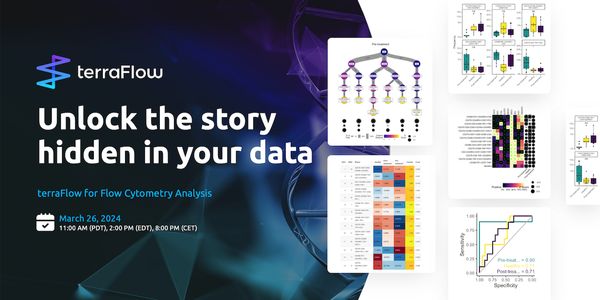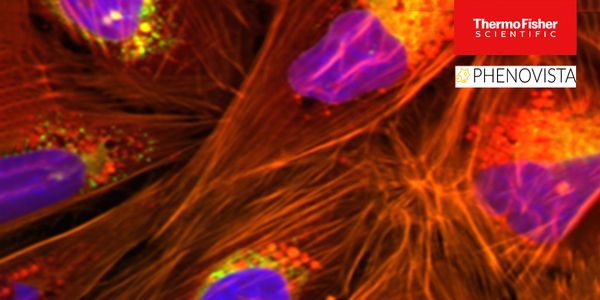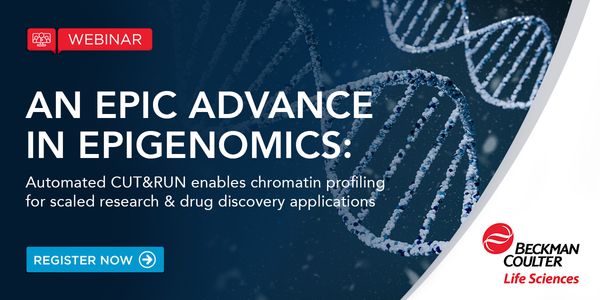
Learning to aggress: from complex social behavior to whole brain light sheet microscopy
-
Sam Golden, Ph.D
Assistant Professor University of Washington Department of Biological StructureBIOGRAPHY
DATE: July 9, 2020
TIME: 11:00 am PT
Maladaptive aggression is an immutable force that contributes to the suffering and death of millions of people around the world annually, as well as presents significant treatment challenges to physicians and care-takers. While aggression can be highly rewarding and pursued despite adverse consequences, as well as sought after lengthy abstinence, maladaptive aggression is not generally viewed as a component of neuropsychiatric disease states. Consequently, little progress has been made in the treatment of pathological aggression. What drives an individual to voluntarily seek out an aggressive interaction? How does aggression shift from an evolutionally conserved, and highly adaptive process, to a maladaptive and pathological state?
As such, aggression is an ethologically complex behavior with equally complex underlying mechanisms. Here, Dr. Golden will present data on one form, appetitive (rewarding) aggression, and the behavioral, cellular and system-level mechanisms guiding this behavior. He will briefly present how appetitive aggression is behaviorally modeled in mice, and extend the concept of aggression motivation to compulsive aggression seeking and relapse. He will then highlight recent advances in computer vision and machine learning for automated predictive classification of aggressive behavior, the role of specific cell-types in controlling aggression reward, and close with preliminary data on the whole brain functional connectome of aggression reward using light sheet fluorescent microscopy (LSFM). Together, these approaches bridge the analysis of complex social behavior with whole brain, single-cell resolution, connectomics.
Learning objectives:
- Advances in behavioral modeling and light sheet microscopy enable new research in aggression behavior.
- Whole-brain imaging at cellular resolution is beginning to reveal a functional connectome of complex behavior
Webinars will be available for unlimited on-demand viewing after live event.
LabRoots is approved as a provider of continuing education programs in the clinical laboratory sciences by the ASCLS P.A.C.E. ® Program. By attending this webinar, you can earn 1 Continuing Education credit once you have viewed the webinar in its entirety.
Please update your information
Certificate of Attendance
DOWNLOAD CERTIFICATE
Finish Registering
-
APR 30, 2024Immuno-Oncology Virtual Event Series 2024
-
MAY 07, 20243rd International Biosecurity Virtual Symposium
-
SEP 03, 2024Microbiology Week Virtual Event Series 2024
- See More
-
APR 17, 2024
- See More












































